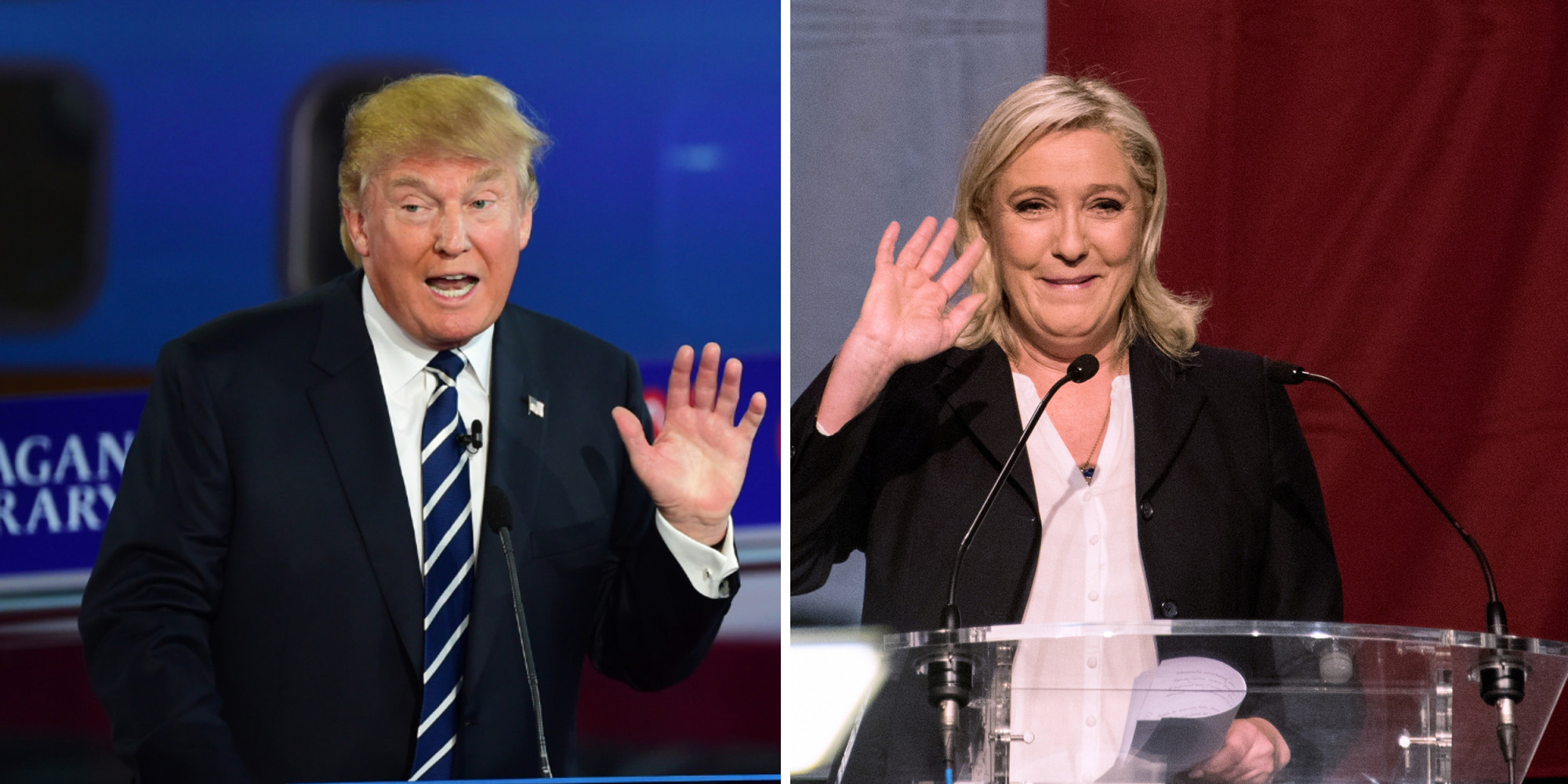Both the American presidential election of last year and the upcoming French presidential election have been affected by scandal. Yet, such ‘scandal’ has had remarkably different effects on said electoral campaigns. Donald Trump’s awful remarks about disabled people, women and ethnic minorities shocked many across America; however, others heralded Trump as a “regular guy” whose “locker room talk” would help win the war on political correctness. During the campaign, Trump not only spouted scandalous remarks, but also unknowingly portrayed the huge conflicts of interest between his business and the presidency. To this day, Trump maintains conflicts of interest – such as his partial investment in the parent company of the firm building the Dakota Access pipeline.
Although there have been scandalous presidents in the past, Trump was at the heart of many a scandal before he became president. The American people had considerable insight into Trump’s behaviour during the campaign, yet a huge amount of them still voted for him. At this point, we have to ask whether scandal matters when it comes to politics? In a poll conducted by Farleigh Dickinson University during the election campaign, 68% of Americans said that ‘political correctness was a big problem in society’. In other words, Trump’s somewhat scandalous language helped his campaign rather than hindering it. Though Trump’s campaign was dogged by scandals, this evidently didn’t have that much of an impact, as we have learnt through the election result itself. Therefore, it seems that – at least in this election just gone – scandal had at best a positive effect on Trump, and at worst a negligible negative impact on his campaign.
In contrast, the centre-right favourite in the French presidential election has suffered major setbacks due to a scandal involving the payment of a family member for an assistant role. Francois Fillon, the nominee of Les Republicains, has fallen behind centrist candidate Emmanuel Macron and thus, will probably be eliminated in the first round of voting. Both Fillon and Trump represent moralistic, conservative parties of the political Right, yet scandal has sunk one candidate and barely touched the other.
One could argue that Trump’s scandalous statements and behaviour were to an extent softened by the ongoing controversy surrounding Hillary Clinton’s emails. Yet, Fillon’s fellow presidential candidate Marine Le Pen also faces a scandal involving the use of European parliament funds to pay a bodyguard. It remains the case that scandal didn’t affect Trump anywhere near as much as it has affected Fillon thus far. To say this is a reflection of different nations and their attitudes towards scandal is to overstate a specific case. Rather, it has been the differing electoral systems in France and America that make the difference. Trump supporters would never vote for Hillary Clinton, whilst a vote for another candidate wouldn’t have much impact; on the other hand, Fillon supporters will most likely just opt for the ‘least worst’ option in the second round of the presidential election – namely, Emmanuel Macron.
Nathan Olsen
(Image courtesy of Affinity Magazine)

